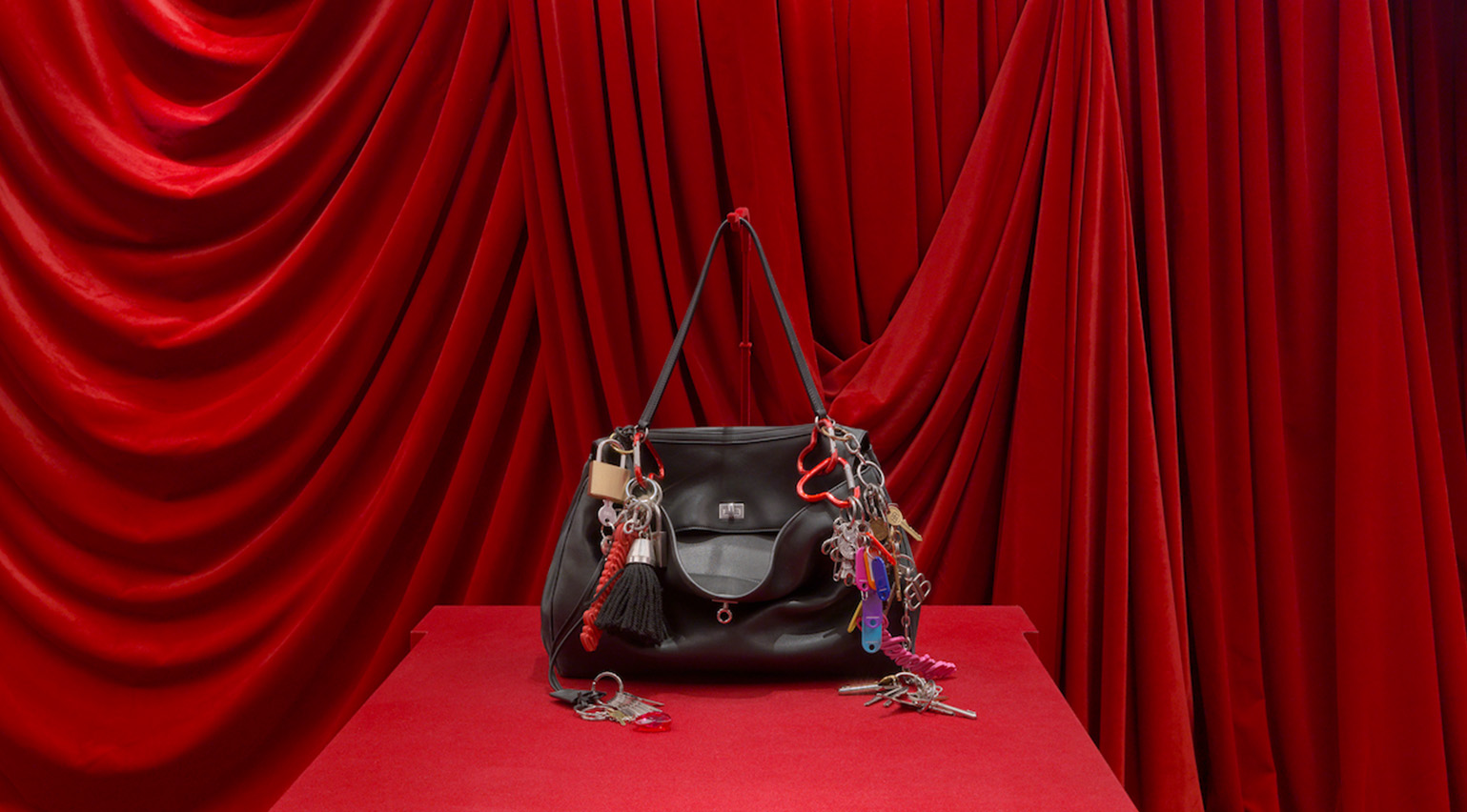How has fragrance brand Nonfiction brought the scent of Korea to the Venice Biennale?
Nonfiction has partnered with artist Koo Jeong A and nose Dominique Ropion at the 2024 Venice Biennale for an olfactory pavilion that captures the scents of Korea
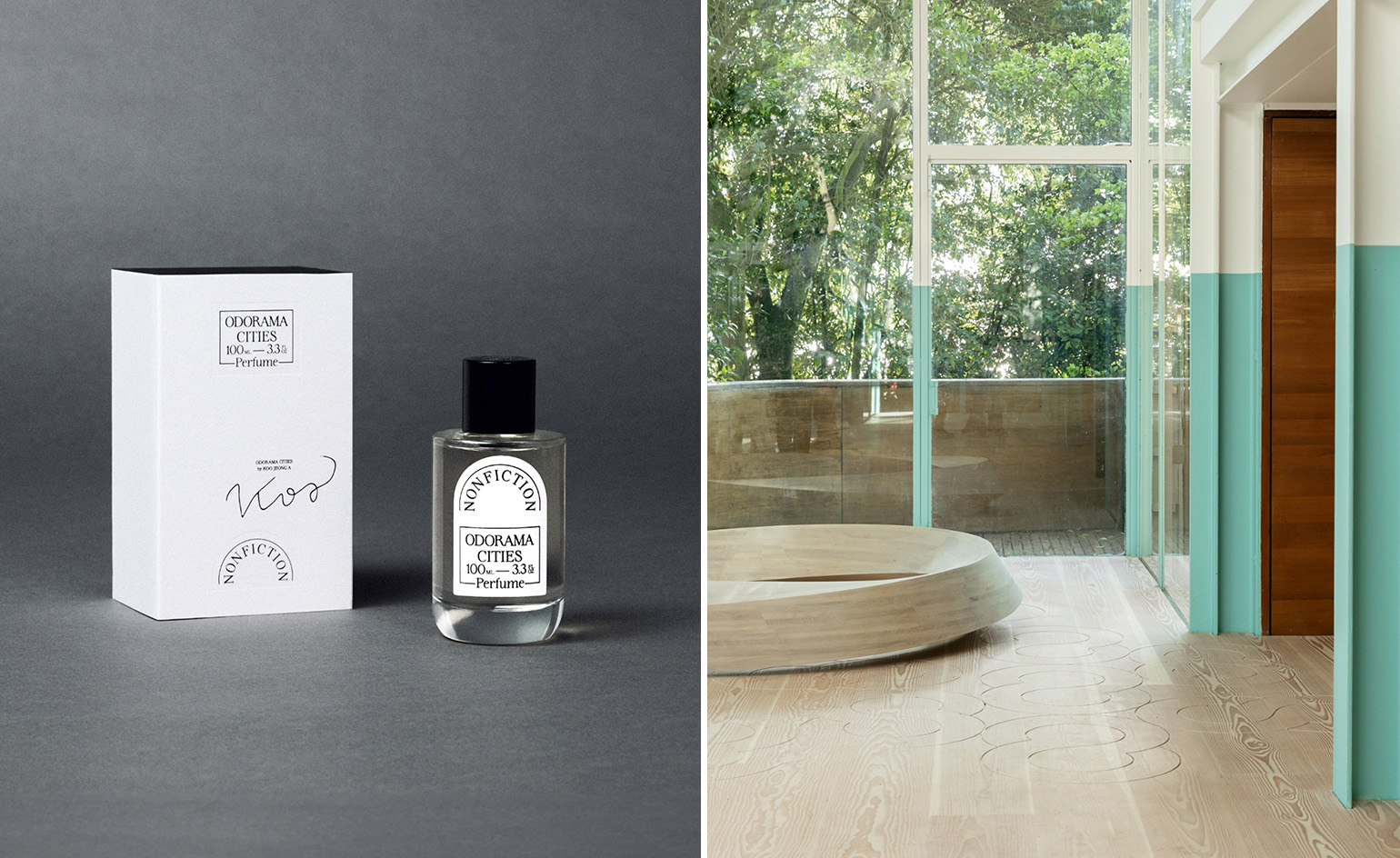
For the Venice Biennale 2024, Korean beauty brand Nonfiction and visual artist Koo Jeong A created an olfactory portrait of the entire Korean peninsula. To do so, they put out an open call for responses to the question: ‘What is your scent memory of Korea?’ to people from the country or with close links to it.
Koo and Nonfiction founder Haeyoung Cha received more than 600 written responses, each detailing unique memories from people based in cities or the countryside, with smells they encountered in public places or during private moments. Despite the difference between the submissions, certain themes kept reappearing, and from these overlapping responses, Koo selected a range of keywords they found particularly important and poignant. These keywords ranged from the beautiful to the grubby; from the natural world to the industrial city. The scent of sunlight and fallen leaves made the list, as did the scent of rice, lacquered wood, public bathhouses and a ‘metallic metro smell’.
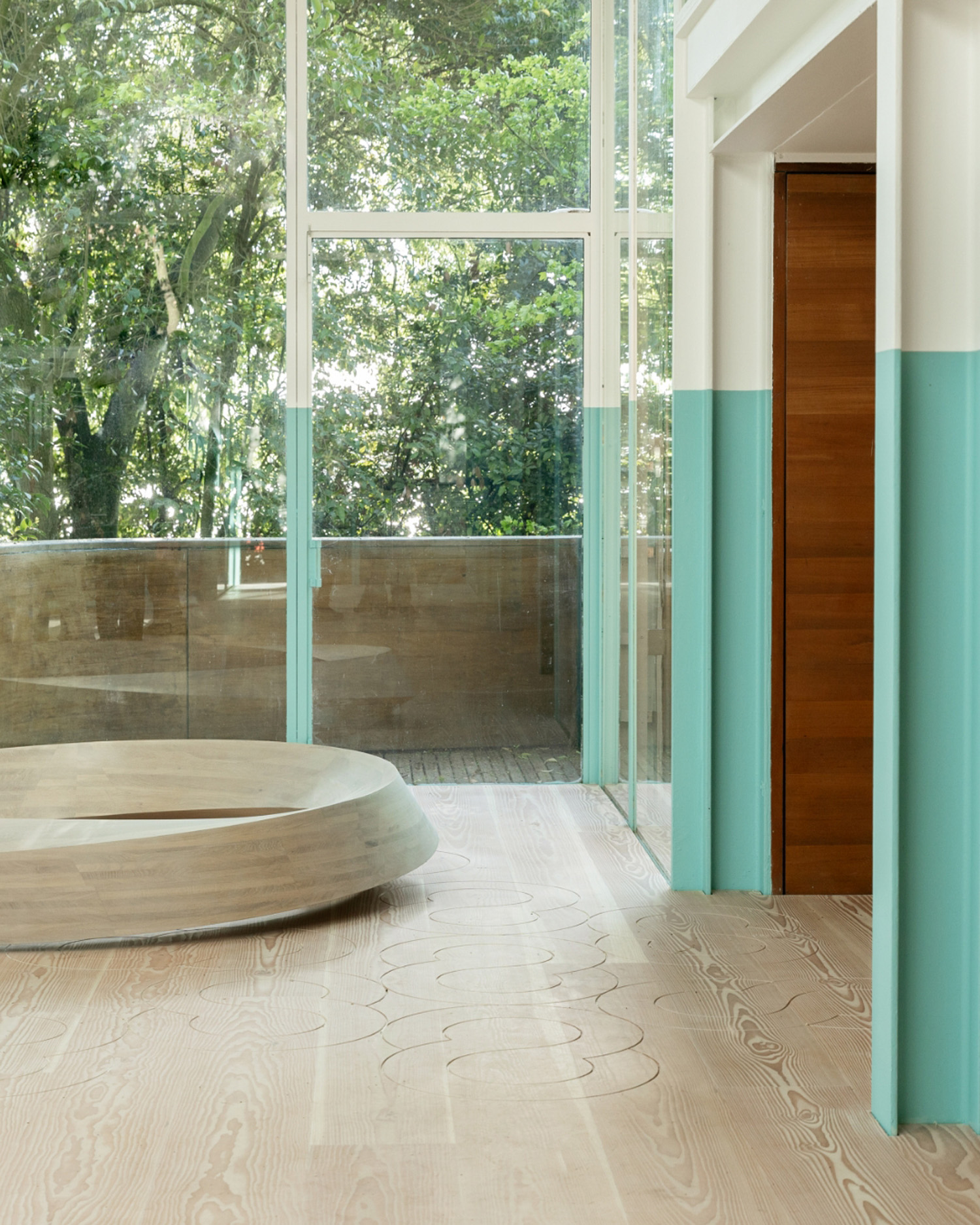
Nonfiction Odorama Cities pavilion at the 2024 Venice Biennale
Nonfiction has bottled the scent of Korea at the 2024 Venice Biennale
From that list, Nonfiction’s team of perfumers took on the task of interpreting and merging the different stories into a range of scents. The final result is 17 fragrances, each of which occupies a different section of the pavilion, that work together to offer visitors the sensation of travelling through different locations and time periods in Korea’s history.
Speaking about the project over email, Haeyoung acknowledges that crafting these various memories into unified scents was no easy task. ‘The significance of the project made it an exciting challenge. We gathered raw, heartfelt memories from individuals through an open call and captured keywords with Koo’s artistic inspiration,’ she writes ‘Our challenge was to faithfully communicate these with the perfumers while preserving the artist’s vision.’
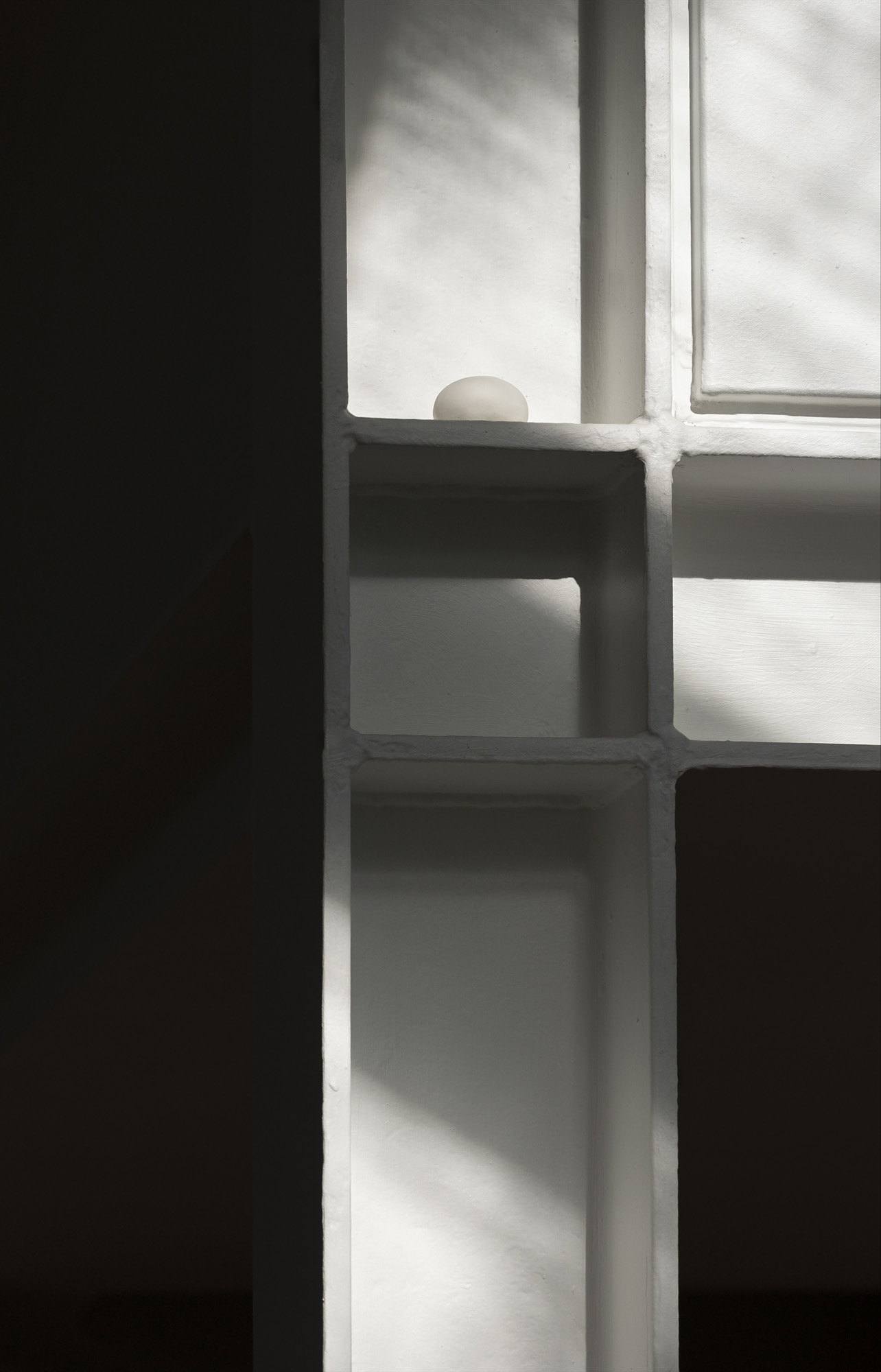
The Nonfiction Odorama Cities pavilion at the 2024 Venice Biennale
‘I vividly remember our first meeting with the perfumers in Paris,’ she continues. ‘Since the French perfumers couldn’t directly experience the nostalgic Korean scents, we brought various foods and products mentioned in the open call to help them understand. We sourced items like mugwort soap used in Korean baths, and ssanghwacha [herbal tea] to evoke the scent of herbal medicine, allowing the perfumers to experience these aromas firsthand. Even for me, a Korean, these were long-forgotten scents, offering a brief journey back in time.’
Perhaps the most significant perfumer the team met in Paris was the iconic French nose Dominique Ropion, who consulted on all the fragrances in the pavilion and was the only perfumer for the project to create two scents: ‘Old Electronics’, which contains key notes of black pepper, steel accord and olibanum resinoid; and ‘Odorama Cities’, the only perfume in the pavilion that is sold commercially.
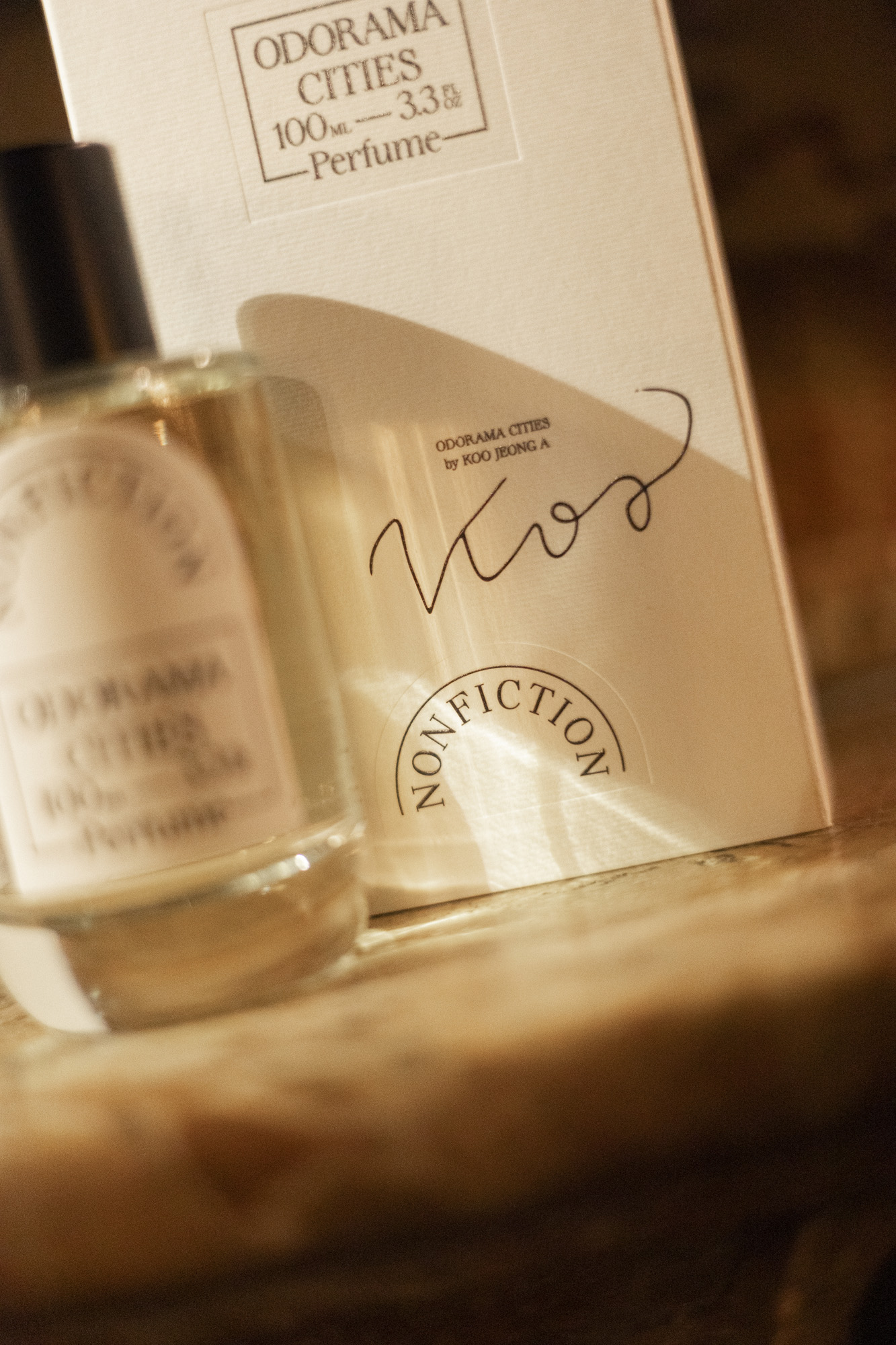
Nonfiction Odorama Cities, available to buy at nonfiction-beauty.com
Odorama Cities is a complex and arresting fragrance that seeks to distil all the scent memories from the project into one bottle. It does so by focusing on four moments in Korea’s history: the 1960s or ‘forces of nature’ period, characterised by scents of pine resin and a salty wind; the 1970s-80s or ‘industrialisation’ period, represented by civets, ambrette seeds, and other unique spices; the 1990s-2000s or ‘ordinary moments’ period, when city life became punctuated by moments of warmth denoting by scents of public baths, rice cooking, the hint herbal medicine in an alleyway; and finally 2010s-2020s or ‘urban nostalgia’ period, which uses accords of ambergris, aldehyde, and asphalt to conjure visions of asphalt surfaces dotted with puddles and cold air filling the subway.
Wallpaper* Newsletter
Receive our daily digest of inspiration, escapism and design stories from around the world direct to your inbox.
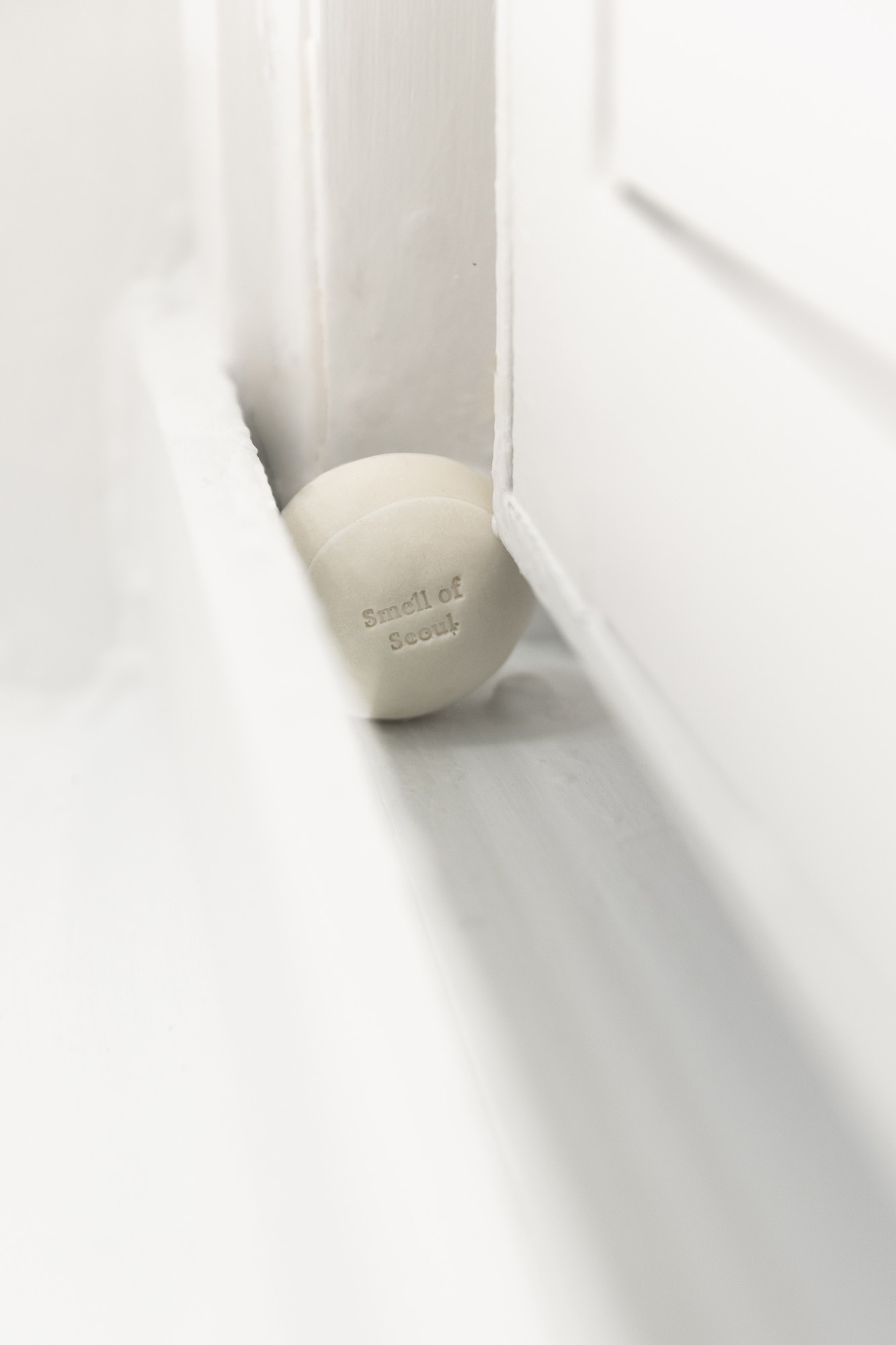
The Nonfiction Odorama Cities pavilion at the 2024 Venice Biennale
According to Haeyoung, Odorama Cities is more than a perfume. Rather, ‘it’s a piece of art that encapsulates Korea’s evolution. It’s a reinterpretation of modern and contemporary Korean history, captured through a scent pyramid representing different eras.’
Ropion describes the fragrance as ‘an intense portrait that captures the memories of epochs unfolding across the exceptionally beautiful nature of the Korean peninsula. I hope this creation evokes comforting memories for those who have experienced its land and inspires others who have yet to discover its captivating story.’
The Odorama Cities scent can be purchased, from $186, at Nonfiction’s online store or its shops in Hannam, Samcheong, and Sinsa. The 2024 Venice Biennale exhibition is on view in the Giardini until 24 November, labiennale.org
Mary Cleary is a writer based in London and New York. Previously beauty & grooming editor at Wallpaper*, she is now a contributing editor, alongside writing for various publications on all aspects of culture.
-
 Put these emerging artists on your radar
Put these emerging artists on your radarThis crop of six new talents is poised to shake up the art world. Get to know them now
By Tianna Williams
-
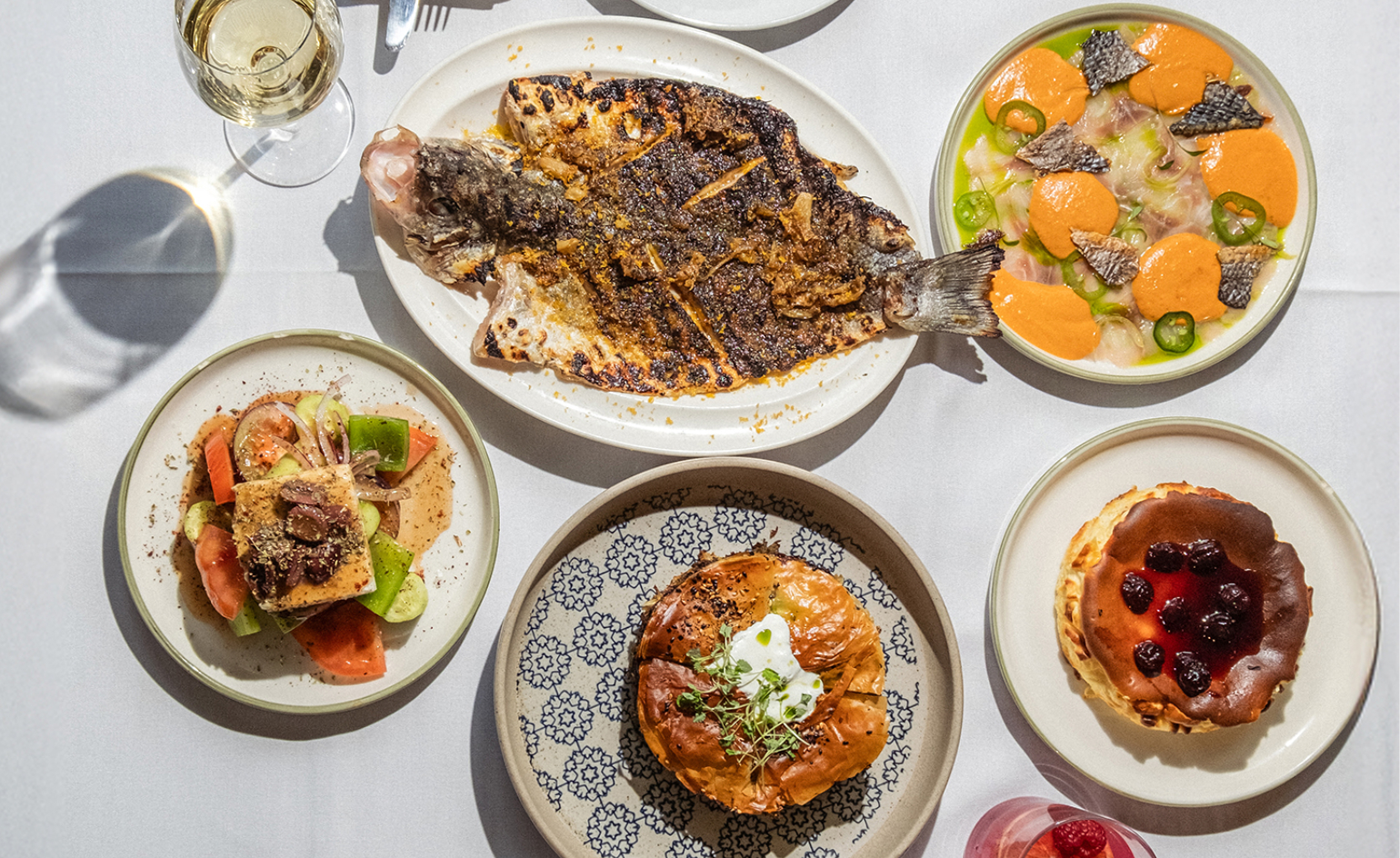 Dining at Pyrá feels like a Mediterranean kiss on both cheeks
Dining at Pyrá feels like a Mediterranean kiss on both cheeksDesigned by House of Dré, this Lonsdale Road addition dishes up an enticing fusion of Greek and Spanish cooking
By Sofia de la Cruz
-
 Creased, crumpled: S/S 2025 menswear is about clothes that have ‘lived a life’
Creased, crumpled: S/S 2025 menswear is about clothes that have ‘lived a life’The S/S 2025 menswear collections see designers embrace the creased and the crumpled, conjuring a mood of laidback languor that ran through the season – captured here by photographer Steve Harnacke and stylist Nicola Neri for Wallpaper*
By Jack Moss
